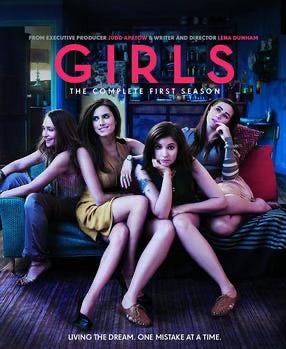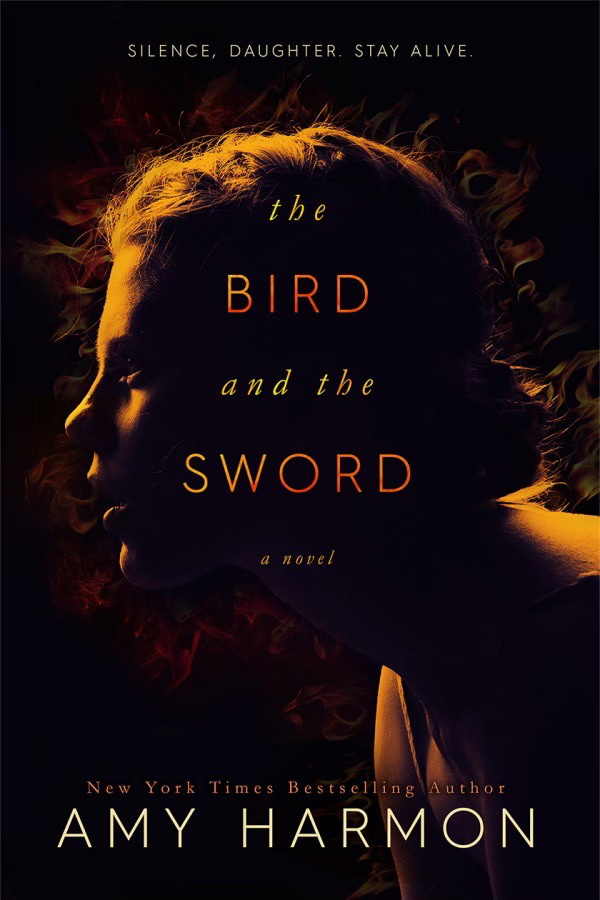
The other day I’d just finished a particularly fun and immersive morning of writing my new novel. I came out of my office whistling a jaunty tune, high on the afterglow of witty dialogue and vivid scene descriptions pouring forth so fast my fingers could barely keep up.
Off to the kitchen I went, feeling like I was on the top of the world.
But my triumph didn’t last long. Because something happened as I moved around the space making my lunch.
An invisible villain emerged from where he’d been waiting in the corner while I wrote. You know him. That nagging voice inside your head intent on throwing cold water on any little flicker of pride you dare to feel for yourself.
Below is a reenactment of the scene in my kitchen. My actions are followed by the thoughts that came afterwards.
(Note: Today the part of Nagging Mind will be played by Italics, understudy to BOLD who, not surprisingly, has been sidelined with laryngitis.)
✷ I reheated some leftovers. You should put half of that back. You always eat too much.
✷ I tried to do the ‘Connections’ game and needed to look up a few hints. You’re cheating. What’s wrong with you? You should be smarter than this.
✷ I ate some cookies. You should’ve only had two. Don’t you know how bad sugar is for you? It’s going to make you crash later. Not to mention FAT.
✷ I looked at the clock. Oh my God. It’s already 1:00. You should’ve started the laundry by now. The day’s almost over and you have absolutely nothing to show for it.
For some reason, on this day, I actually stopped and noticed the energy slowly draining out of my body. Then I questioned what was really going on. And for the first time I could clearly see what this subtle nagging was doing to me.
I stayed as a detached witness of the scene. (I highly recommend trying this trick: Watch yourself as if you’re an audience member watching an actor on a stage instead of involving yourself in the action.) And from that higher perspective, I came up with a name for what was going on.
I decided I was experiencing a Continuous Sense of Wrong-Doing. Which I defined as:
Continuous Sense of Wrong-Doing: (def.) A vague sense that no matter what you’re doing, it’s wrong and you should be doing something different.
Is this just me? Or do you ever get this feeling too?
Some indicators that you might suffer from this are:
✷ Frequent thoughts that begin with the words “You should” or “You shouldn’t.”
✷ Back and forth arguments with yourself, both attacking and defending your choices.
✷ Constant referral back to experts and articles you read on the internet that prove you are making a terrible mistake.
✷ Spending more time thinking about the choice you didn’t make rather than the one you did.
You can also ask yourself a couple of questions:
1) When was the last time I made a decision and didn’t second-guess myself for way too long afterward?
2) Has there ever been a time when I haven’t felt the need to fix something about myself?
What’s funny is these thoughts of personal wrongness are so subtle we don’t even notice them anymore. They’re like programs running underneath all our actions that drain our batteries because we don’t think to click them shut.
I’m sure psychologists have some better term for this feeling than the Continuous Sense of Wrong-Doing (CSW) moniker I came up with. (But looky! I made an acronym too!)
Yet this low-grade malaise seems to have become more prevalent now that we’re able to rush to the internet and find such seemingly logical arguments both for and against every single subject in the world.
Which means we now have a veritable arsenal of external information to beat ourselves up with. And no way to get to the bottom of anything because…. you guessed it…there is no bottom to the wealth of opinions out there!
So, what can we do to soothe this constant shame spiral? This seemingly endless dis-ease with ourselves and our choices?
And as you might have already guessed, my remedy comes from what I was doing BEFORE my episode of CSW hit.
When I was writing, losing all sense of time and space, I was immersed in the state of Flow that often comes during creative pursuits. (And I don’t mean only the traditional arts of writing, painting, music, etc. but the kind of creativity that comes in all facets of our lives.)

So, how do the elements of the Flow state soothe those sneaky negative thoughts? There are probably countless ways, but the ones I’ve noticed for myself are:
Focus: When you are engaged in something you love, but which also takes some concentration, you become so focused that outside influences get shut out. Your action and awareness are merged, which makes excessive rumination (otherwise known as that nasty little voice in your head) impossible.
Loss of Ego: In the Flow state you forget yourself. And when you forget yourself the lovely side effect is you forget your worries too. It just makes sense. You basically become a nobody as you work in this liminal state. So, in other words:
No Person = No Problem.
Being a nobody has never sounded so good, right?
Think about it: Why does losing yourself in creative pursuits feel so good? Because it gives you a respite from your own negative thoughts. You actually slip away to a place where your anxious, critical mind simply can’t follow.
(Really…. there’s a sign on the treehouse of Flow that says, “No Nags Allowed!” I’ve seen it myself.)
And yes, as humans we’re all going to deal with bouts of this Continuous Sense of Wrong-Doing from time to time. But now maybe you’ll notice this phenomenon more as it’s happening. And maybe you’ll also realize there’s a place you can go to find refuge:
The deep creative space where unlike the bar Cheers, nobody knows your name…not even the voice inside your head.
HBO Max Series GIRLS:
Yes I’m rewatching this 11 year old show. And yes I’m still inspired by Lena Dunham who wrote, produced, and starred in this show when she was only 23 years old. Spending time with these quirky, funny, sometimes tone-deaf and quite cringe worthy characters (I’m looking at you Marnie) is like reliving the good old days for me. And it’s fun to see Adam Driver and Andrew Rannells (and a host of others) before they became huge stars. Plus I watch the After The Episode clips so I can glean storytelling tips to use in my own writing.
Whipped Brie Butter Appetizer:
Someone asked: “How could we make cheese even more rich and delicious? I know….let’s add a stick of butter to it!” And thus whipped brie butter was born. And boy is it ever good. I took it to a gathering with some yummy bread and it was quite a hit. How can you go wrong with the two best ingredients in the world?
The Bird and the Sword by Amy Harmon
This book definitely had a different tone than a lot of other books I've read. I'd consider it almost “Fantasy-Lite”...the world building was there but mostly on a surface level, a very basic system to understand which was fine by me as some fantasy stories can get mired in too many details IMHO.
I love almost everything that Amy Harmon writes and, true to form, this story sucked me in and had me thinking about it long after I turned the last page. I loved the character of Lark and the quite unique challenges she faces with her love interest. Almost fable-like in tone, this story is haunting...carrying a lovely message of the power words have to create our realities.






